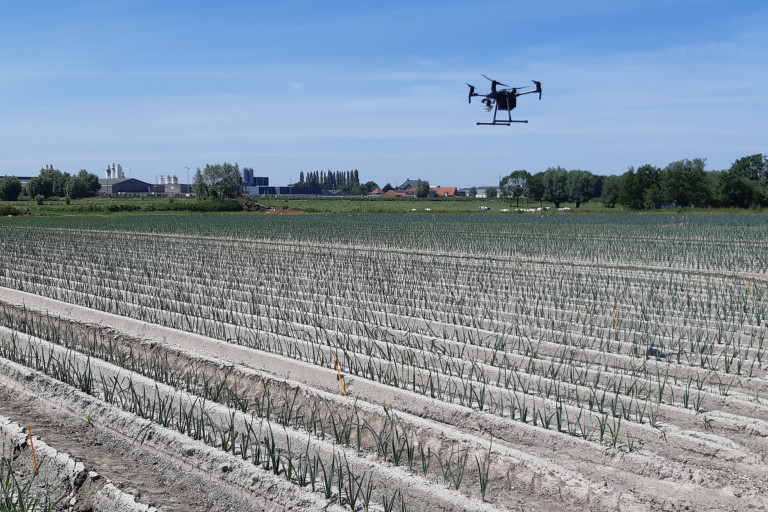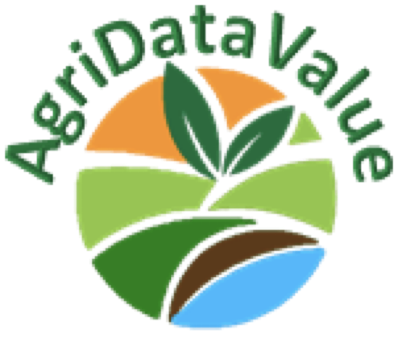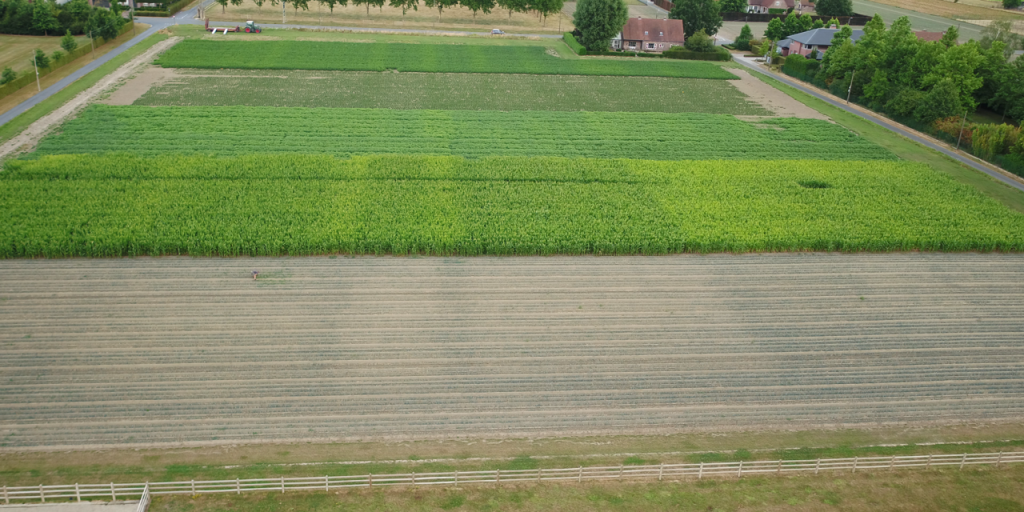Artificial Intelligence (AI) offers numerous possibilities in the agriculture sector. It can assist in decision-making, make future predictions, and provide new opportunities for deploying smart farming techniques. To create these AI models, a substantial amount of data is required. Within the AgriDataValue project, we are developing a public platform where this data can converge with AI models. Farmers will be able to access and provide their data, such as sensor or satellite data, on this platform to build AI models. These models can then be offered to farmers on the platform. We emphasize privacy and data protection in this process.
Pilot Projects Across Europe
While the platform takes shape, data are being collected from several pilot projects to train the AI models. Currently, there are 23 pilots from 9 different countries, covering various topics such as agriculture, horticulture, fruit and vineyards, and livestock.
• Delphy, for example, will collect data on onions to improve the control of drip irrigation.
• In Spain, they aim to address climate control in their greenhouses by automatically adjusting window openings based on optimal photosynthesis activity.
• In Greece, they want to provide advice on spraying against the Mediterranean fruit fly based on smart traps and weather data.
Nitrogen Uptake in Leeks
In Belgium, InAgro, aims to better map the nitrogen uptake in leeks. This will help improve the fertilization recommendations and minimize leaching. InAgro uses drones and satellite images to better estimate crop growth throughout the season. Furthermore, they also collect data from their own Optifarm plot to train AI models.

Learning Network for Precision Agriculture
To implement the AI-generated advice and predictions, smart farming and precision agriculture is needed. Last year, InAgro established a learning network where farmers can share their experiences with precision agriculture. Farmers conducted trials in precision agriculture, choosing the techniques they wanted to test, while technical support was provided as needed. The following months, a second meeting will be organized by InAgro, to discuss the experiences of the first year.


